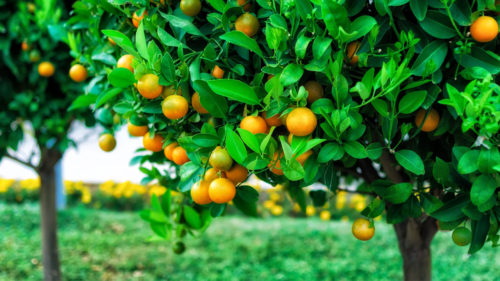Urban Foraging: A back-country approach to front-country living

By Rob Healy, graduate student in the Institute’s 15th cohort.
Somewhere at the murky crossroads of a lifelong passion for preparedness and survival, the excitement of days spent hunting, fishing and foraging, and the soul crushing reality that is the ratio of time spent in front versus back country, I hatched a plan. Whether famine, natural disaster or simply recreation, it is hard to dismiss the appeal of being able to “live off the land.” This notion conjures images of remote mountain ranges, swaths of wild timber and circumstances that have gone terribly wrong. While entertaining and informative, the age old fantasy of surviving in a backcountry location with nothing save your wits is, realistically, pretty damn unlikely. We concrete denizens are far more likely to be sitting at a desk or slumbering in our beds when the fecal matter hits the fan. My project was to take the same principals of hunting, fishing and gathering then to assess the viability of backcountry survival techniques in a front-country setting. The details of my discovery are available in an essay I wrote afterwards, and you may contact me there if you want to know more. In short, not only was I able to find a wealth of food in the streets of south Seattle, but I found connections and lessons that I had not expected.
Forced to look for ecosystems, microclimates and indicator species within a new context helped me to improve both my front and back country skills. Perplexed by finding specific species of plant and animal I was forced to take a long hard look at the environment needed by many organisms common in the woods, but elusive in the city. As I discovered small gardens, planters, creeks and ponds within the neighborhood, connecting the dots between there and wild places helped to solidify which species could be found together, who shares the same needs, and who enjoys the same conditions. Additionally, a few new ones easily overlooked in the wild presented themselves for inspection and deeper understanding.
Confronted with the rapidly transitioning season and a host of options for forage, my sense of phenology was piqued. A few days makes all the difference when harvesting maple blossoms or nettle. With each weekend mission to Seattle, I noted the changes and found myself forming a relationship with the natural cycle, tuning into a deeper rhythm where previously the allure of rock concerts, Chinese take out at 2 AM and Netflix had forced my ambivalence. So curious to be track the growth of a few small green onion sprouts in a traffic circle while the rest of the busy town rockets by. It was comforting to find the inexorable march of nature carries on as though in quiet defiance of our wayward human constructs.
Starry eyed and optimistic I stormed the asphalt trail with Pojar in hand, ready to step out, seek my fortune and return with a bounty of delicious ruffage. In retrospect my naïveté is comical as I spent many more calories running around and puzzling over who could be found where than I ever consumed as a result. It took learning from the indigenous people who still maintain a legacy thousands of years long to refine my technique. It was not enough to find a leafy green I could stuff in my mouth. I needed to find a well rounded, calorically dense meal to satiate me fully. This took a much deeper level of understanding of where I could find what I needed, what unique nutrients each carried and when was the best time to harvest it. Also starting in the early spring I realized why the indigenous people always kept vast caches of preserved food in each family unit. With pickings that slim, I would be up a creek indeed without an emergency supply and specific knowledge of the meager food sources available during the tougher months.
At the end of the day, I answered my question, made a wealth of delicious food and spent many a happy day hunting and foraging in the most unlikely of places. More importantly though, I found a way to connect with nature where it was most sparse. I bridged the gap between my urban and wild experience and found a way to bolster my back country knowledge without needing to book a weekend with a heavy pack. As it goes sometimes, I got far more than I bargained for and am grateful for the opportunity.

